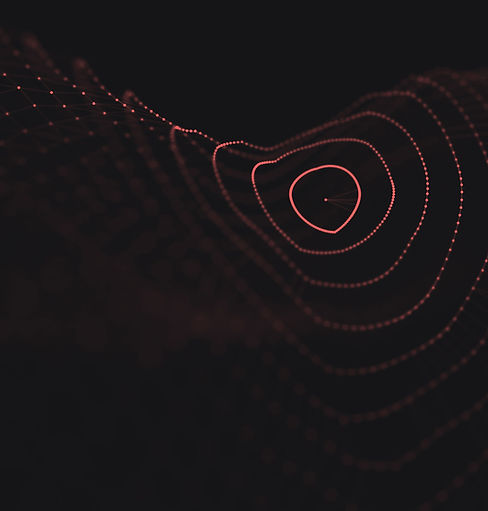

Twinning with ISMA to develop innovative calorimeters for high energy physics based upon advanced scintillation materials

What is TWISMA
TWISMA is a Twinning project funded under the Horizon Europe programme of the European Union.
The overall aim of the project is to boost the scientific excellence and innovation capacity of the Institute for Scintillation Materials (ISMA) and its high-quality Twinning partners - European Organization for Nuclear Research (CERN) and Institute of Light and Matter (ILM) – to develop innovative calorimeters for high energy physics (HEP) based upon advanced scintillation materials.
To achieve this aim, TWISMA will implement a research and innovation strategy on innovative calorimeters for high energy physics based upon advanced scintillation materials and a series of knowledge exchange activities.
Exploratory Research Project
Innovative calorimeters for high energy physics based upon advanced scintillation materials
Staff Exchanges
Short-term staff exchanges and trainings for experienced researchers
Research Internships
Research internships and trainings for early-stage researchers
Soft skills
Research Management and Administration Skill Development

Exploratory research on innovative calorimeters for high energy physics based upon advanced scintillation materials
Calorimeters are key components of detectors - used in high-energy experiments for the precise energy measurement of particles - which can be distinguished between two types: homogeneous calorimeters and sampling calorimeters.
Within TWISMA’s exploratory research project, the Twinning partners will focus on developing advanced scintillation materials for both homogeneous and sampling calorimeters. Namely, it will investigate ways to
improve the scintillation properties of two types of advanced inorganic scintillating crystal - Ce-doped garnets and bismuth germanate-silicate oxides (Bi4Ge3-xSixO12) - by optimising the crystal growth production processes to achieve the state-of-the-art performance characteristics

3 research sub-topics involved
A
Research sub-topic
Bulk crystal production of innovative Ce-doped garnets and BGSO
B
Research sub-topic
Fibre-shaped crystal production of innovative Ce-doped garnets
C
Research sub-topic
Design and fabrication of scintillation detector prototypes for homogenous and sampling calorimeters
ISMA has existing knowledge of BSGO crystal production. Now, through the feedback from BGSO crystal characterisation studies to be performed at CERN and ILM in TWISMA, ISMA will improve the BGSO’s optical and timing performance by adjusting the Ge/Si ratio, thermal conditions of crystallization using the Czochralski method, and the regimes for thermal annealing. Likewise, ISMA has experience of Czochralski and Edge-Defined, Film-Fed Growth (EFG) processes to fabricate oxide crystals in Mo and W crucibles in reduced Ar+CO conditions. Now, with the support of CERN and ILM, ISMA will learn how to scale-up the processes to enable the fabrication of larger and higher-quality ingots (50 mm dia. garnet crystals) in a single growth run.
This will significantly improve ISMA’s research and innovation capability to develop advanced scintillation materials for next generation calorimeters for HEP.

The Institute for Scintillation Materials (ISMA) of the National Academy of Sciences of Ukraine is the country’s leading R&D centre for the development of luminescent and scintillation materials as well as the production of scintillation materials and detectors.
ISMA was founded in 2002 as the result of the reorganization of the Institute for Single Crystals of the National Academy of Sciences of Ukraine. It is organised into seven scientific departments, one department of R&D valorisation, plus administrative staff.
ISMA has around 220 employees, including 12 professors and over 50 PhDs (candidates of science).
Each year ISMA’s doctoral school trains up to 8 students. In 2018, ISMA received an ‘A’ grade certification (excellent) from the National Academy of Sciences of Ukraine for “results corresponding to international standards of excellence”.
The Institute have participated in several high-energy physics collaborations, such as BELLE, LHCb, has participated in the EU’s FP7 and H2020 programmes, as well as NATO Science for Peace projects.


.png)
.png)